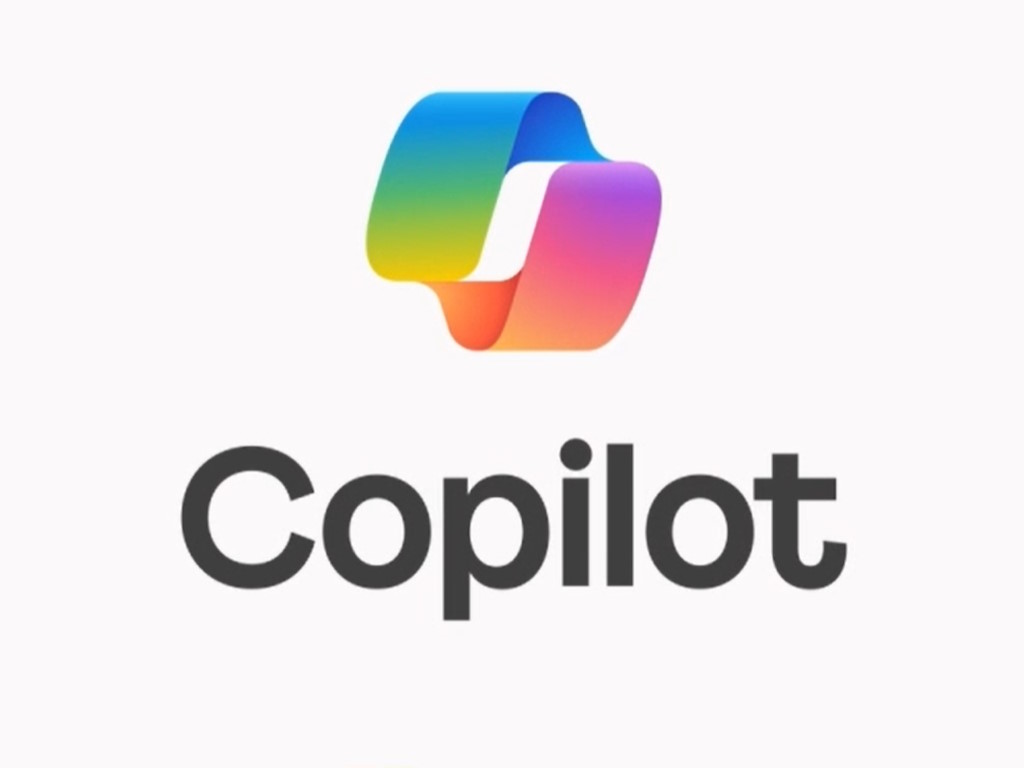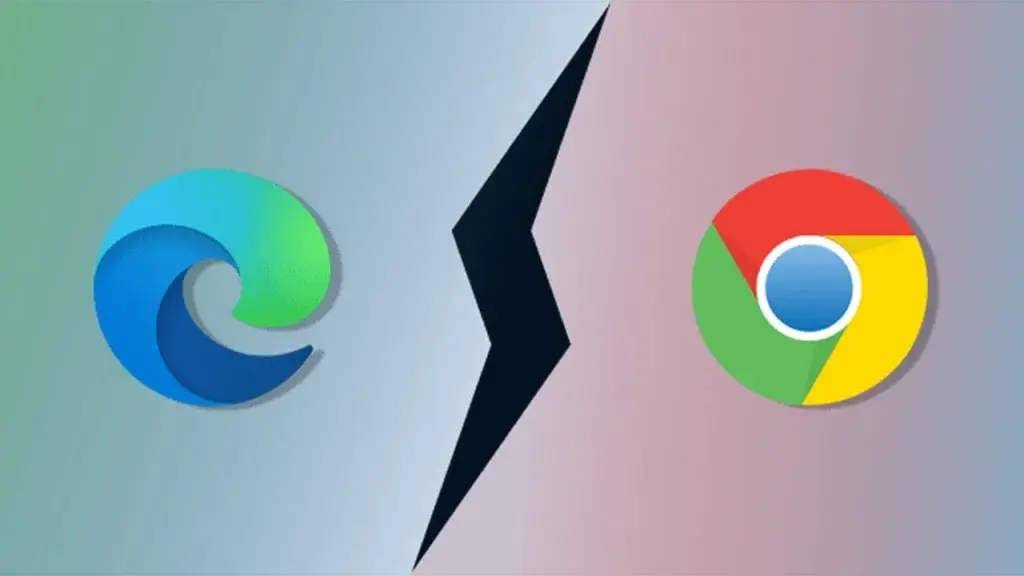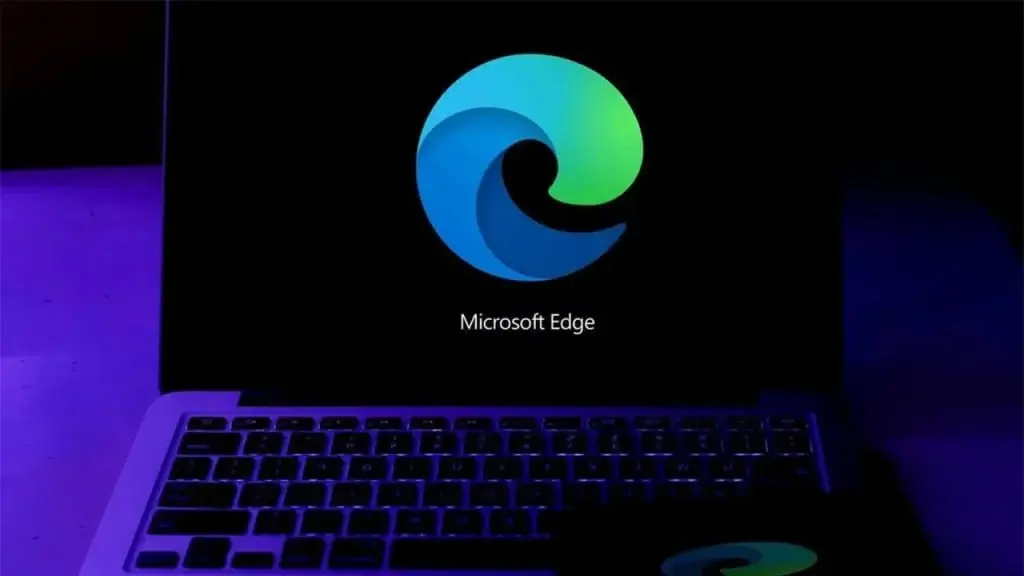Microsoft Copilot Labs has launched beta testing for Copilot Vision, which is exclusive for some invited Copilot Pro subscribers. This new Vision AI monitors what users are doing in the Microsoft Edge browser to offer help, information, and tips in real-time.
Integration with Microsoft Products
The Copilot AI is built into the newest editions of Microsoft Windows, Edge, and Office. It responds to user prompts through text input, providing answers and support. With the addition of Copilot Vision, users no longer need to describe visual elements like objects and maps in text, as the AI can recognize everything happening within Microsoft Edge.
Enhancing the Gaming Experience
Gamers can benefit from the advice and insights Vision provides during gameplay, although it currently can’t control games directly. While users browse the web, the Vision AI identifies objects, assisting them in comparing items for purchases such as hotels, toys, or other goods. It can also provide specific product details, like washing instructions for clothing. For those who are unsure about what to buy or how to spend their day, they can ask the AI for recommendations, making life easier for busy individuals.
Limited Availability and Data Management
At the moment, Copilot Vision is restricted to a small number of websites during its beta phase, but this selection will grow in the future. The visual information and user interactions that Copilot Vision gathers during a session are erased once the session concludes, but Microsoft retains all the responses generated by the AI.
People bogged down by endless meetings might find it helpful to get a Plaud AI voice recorder (available on Amazon) that can automatically transcribe and summarize what they missed.
For more information, visit Microsoft Copilot Labs, check out the Microsoft Copilot blog, or watch Microsoft Copilot on YouTube, and don’t forget to review the Microsoft Privacy Statement.



